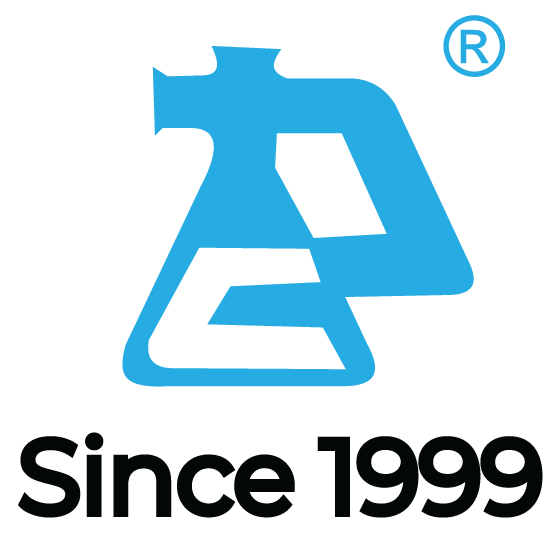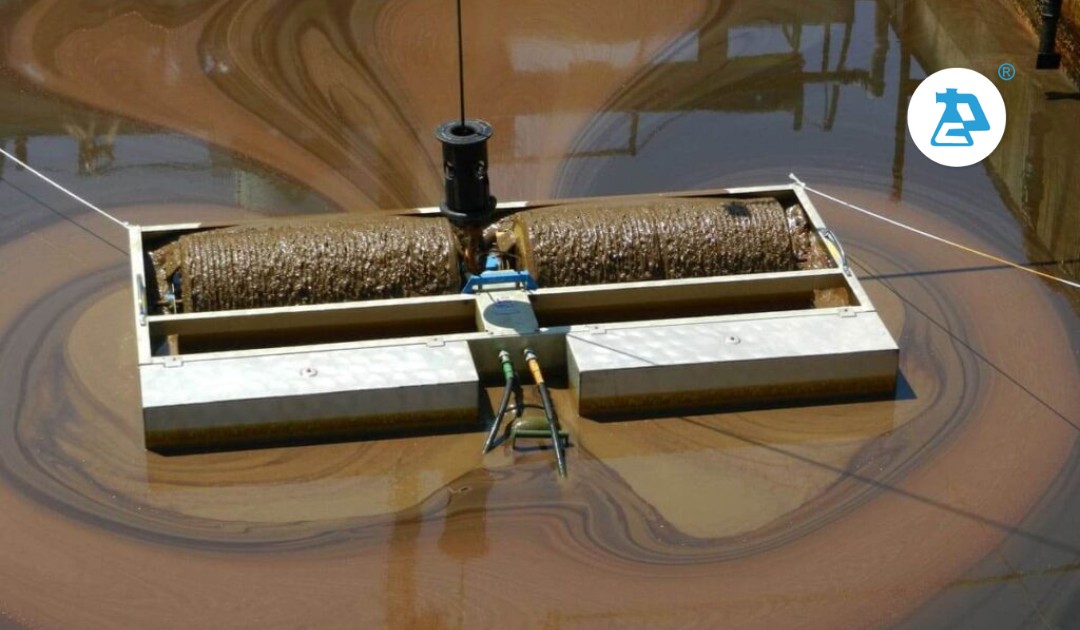Introduction:
In various industrial processes, the presence of oil and other hydrocarbons on the surface of water poses significant challenges. These contaminants not only degrade water quality but also interfere with equipment performance and production efficiency.
To address this issue, industrial oil skimmers have emerged as invaluable tools, offering a range of benefits in terms of environmental protection, operational efficiency, and cost savings.
In this blog, we’ll delve into the numerous advantages of using industrial oil skimmers across different industrial applications.
Understanding Skimming:
Skimming is a process whereby surface oils, fats, and greases are physically separated from water surfaces using mechanical or gravitational methods. These surface contaminants, often referred to as tramp oils, can arise from various sources such as machinery lubricants, hydraulic fluids, and process effluents.
Skimming is employed to remove these contaminants, preventing their dispersion and accumulation in water bodies.
How Skimmers Are Used:
Industrial oil skimmers are designed to efficiently remove surface oils and contaminants from water bodies, offering a proactive approach to pollution control and equipment maintenance.
Here’s how skimmers are commonly used in industrial settings:
Floating Collector Method:
Many oil skimmers utilize the floating collector method, where a floating medium or belt is deployed to attract and collect surface oils. As the medium moves across the water surface, it entraps oils and carries them to a collection point where they can be discharged or recycled. This method is effective for removing both light and heavy oils from water surfaces.
Belt, Disk, or Tube Skimmer Designs:
Oil skimmers come in various designs, including belt, disk, and tube configurations, each suited to different application requirements. Belt skimmers employ a continuous loop belt to capture surface oils, while disk skimmers use rotating disks to scoop up contaminants. Tube skimmers utilize a tube or hose to suction oil from the water surface, offering versatility in tight spaces or confined areas.
Advantages of Skimming Oils:
Skimmers facilitate the collection and separation of recoverable hydrocarbons from water surfaces, enabling their reuse or recycling in industrial processes. This integration supports sustainability goals and resource conservation efforts.
1) Environmental Protection:
One of the primary benefits of industrial oil skimmers is their ability to effectively remove oil and grease from water surfaces, thereby preventing environmental contamination. By removing hydrocarbon pollutants before they can disperse and contaminate water bodies, oil skimmers play a crucial role in safeguarding ecosystems and complying with environmental regulations.
2) Equipment Protection:
Oil and grease accumulation on water surfaces can lead to fouling of equipment such as pumps, valves, and heat exchangers. Industrial oil skimmers help mitigate this issue by removing surface oils, preventing them from entering equipment and causing damage or performance degradation. By maintaining equipment cleanliness, oil skimmers contribute to extended equipment lifespan and reduced maintenance costs.
3) Improved Process Efficiency:
Clean water surfaces free from oil and grease promote more efficient heat transfer and fluid flow within industrial systems. By removing surface contaminants, oil skimmers enhance the performance of heat exchangers, cooling towers, and other process equipment, resulting in improved energy efficiency and production throughput.
4) Reduced Chemical Usage:
In applications where oil-contaminated water must undergo further treatment or processing, the presence of surface oils can necessitate the use of additional chemicals or treatments. Industrial oil skimmers help reduce the concentration of contaminants in water, minimizing the need for chemical additives and reducing associated costs and environmental impacts.
5) Cost Savings:
The implementation of industrial oil skimmers can lead to significant cost savings for industrial facilities. By preventing equipment fouling, minimizing downtime, and reducing maintenance requirements, oil skimmers help lower operational costs and improve overall profitability. Additionally, the efficient removal of surface oils can reduce wastewater treatment expenses and regulatory compliance costs.
6) Versatility and Adaptability:
Industrial oil skimmers are available in various configurations and designs to suit different application requirements and operating conditions. Whether deployed in wastewater treatment plants, manufacturing facilities, or marine environments, oil skimmers can be customized to effectively remove oils, fats, and greases from water surfaces, making them versatile solutions for diverse industrial sectors.
7) Ease of Installation and Operation:
Most industrial oil skimmers are designed for easy installation and operation, requiring minimal maintenance and operator intervention. Whether mounted onshore, offshore, or integrated into existing infrastructure, oil skimmers offer plug-and-play functionality, allowing for seamless integration into industrial processes without disruption.
8) Compatibility with Secondary Recovery Systems:
In industries where oil recovery and recycling are priorities, industrial oil skimmers serve as integral components of secondary recovery systems. By efficiently capturing surface oils, skimmers facilitate the collection and separation of recoverable hydrocarbons, enabling their reuse or recycling and minimizing waste generation.
9) Regulatory Compliance:
Industrial facilities must adhere to stringent environmental regulations governing the discharge of oil and other contaminants into water bodies. By incorporating industrial oil skimmers into their operations, companies can ensure compliance with regulatory requirements and avoid penalties or fines associated with environmental violations.
10) Sustainable Practices:
Incorporating industrial oil skimmers into wastewater management strategies aligns with sustainable practices and corporate social responsibility initiatives. By minimizing environmental impact, conserving resources, and promoting efficient use of energy and water, oil skimmers contribute to sustainable industrial practices and enhance corporate reputation.
Conclusion:
Industrial oil skimmers play a vital role in promoting environmental stewardship, enhancing operational efficiency, and reducing costs across various industrial sectors. By effectively removing surface oils and contaminants from water bodies, oil skimmers help protect the environment, preserve equipment integrity, and optimize industrial processes.
With their versatility, ease of operation, and cost-saving benefits, industrial oil skimmers represent indispensable tools for modern industrial operations striving for sustainability and excellence.






